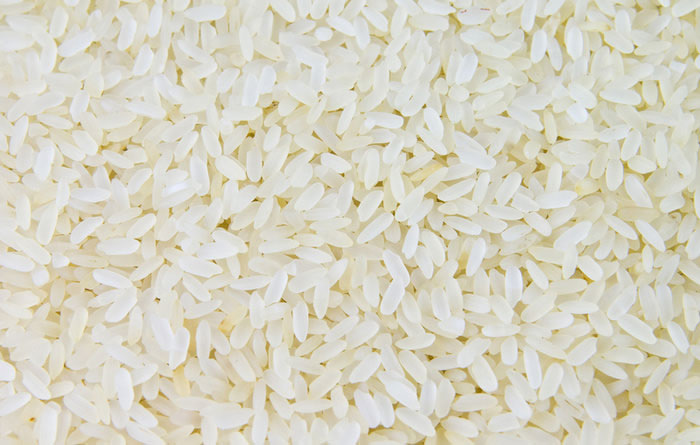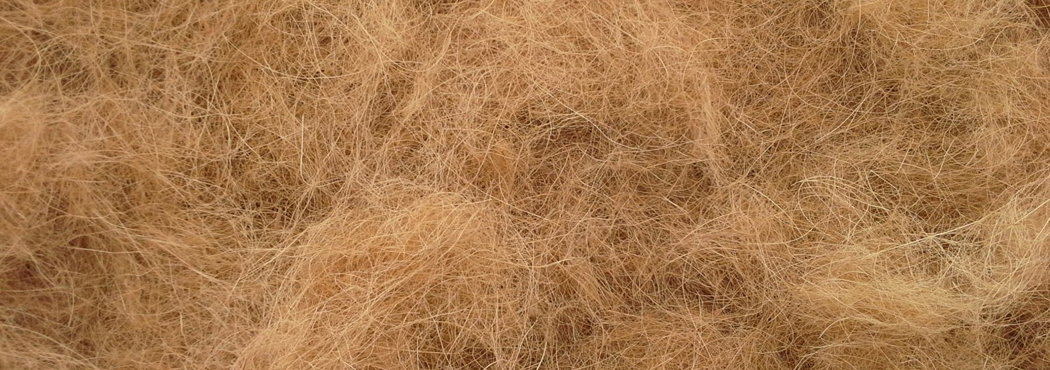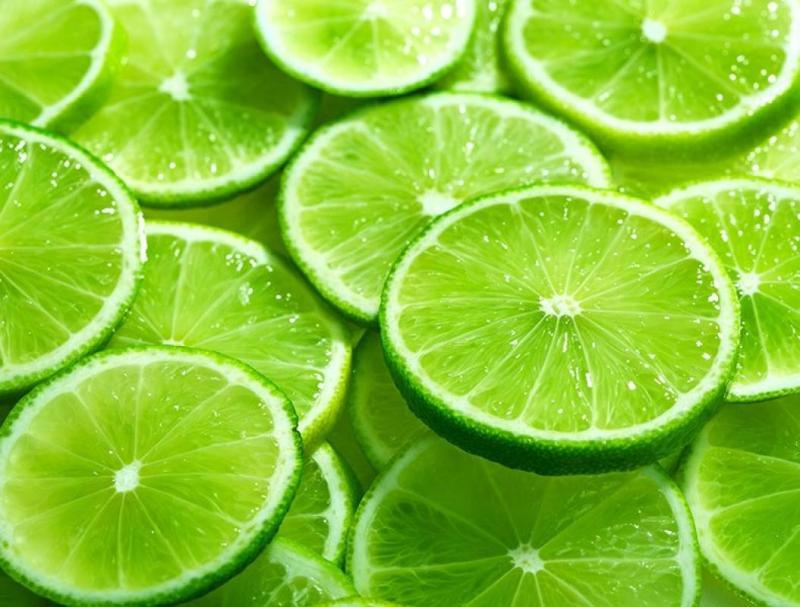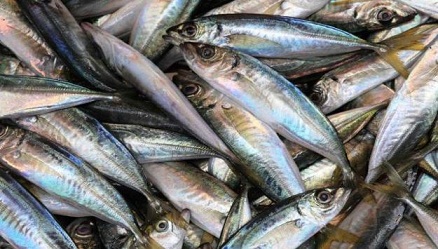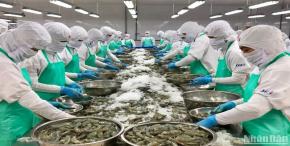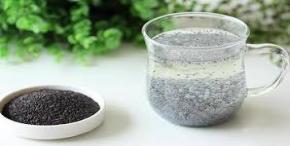News
Sea Cumcumber - A Way to Treat Cancer
Update: 4/17/2013

Sea Cucumber
Other common name(s): beche-de-mer, Holothurian, Haishen. Scientific/medical name(s): Holothuroidea (many different species names)
Description
Sea cucumbers are marine animals that have a soft body with the shape and texture of a cucumber. There are more than one thousand species of sea cucumbers, ranging in size from one inch to several feet long and inhabiting all oceans, especially the Indian and the western Pacific.
Overview
There is little reliable scientific evidence to support claims that sea cucumber is effective in treating cancer, arthritis, and other diseases.
How is it promoted for use?
Some forms of sea cucumber have been used in traditional Asian folk remedies to help heal wounds and for conditions such as joint pain and impotence. They are a regular part of some Asian diets. Modern promoters claim sea cucumbers contain compounds that fight conditions such as cancer, arthritis, sports injuries, tendinitis, and other inflammatory diseases.
What does it involve?
Sea cucumber extract is available as a dietary supplement, either alone or combined with other ingredients (usually in supplements promoted "for joint health"). The supplements contain ground, dried sea cucumber and come in tablet form.
Sea cucumbers, like all other animals, are made up of thousands of chemicals, so the exact ingredients of supplements are likely to vary between products. As a regular part of some Asian diets, they are available as a food in some Asian markets in the United States.
Sea cucumbers, like all other animals, are made up of thousands of chemicals, so the exact ingredients of supplements are likely to vary between products. As a regular part of some Asian diets, they are available as a food in some Asian markets in the United States.
What is the history behind it?
It is thought that sea cucumbers have been used as part of the diet in some Asian countries for hundreds of years. Some varieties of sea cucumber have been used in traditional Asian folk remedies.
What is the evidence?
Research is currently under way to learn whether some compounds made by sea cucumbers may be helpful against cancer. Compounds called triterpenoids have shown some promise in laboratory studies in slowing cancer cell growth and in stopping the formation of new blood vessels that tumors need to grow. In another early laboratory study, a fatty acid (12-MTA) that came from a sea cucumber was found to slow the growth of prostate cancer cells.
No studies testing these compounds in animals or humans have been reported as of yet in available scientific publications. Results of such studies are needed to find out whether these compounds are useful against cancer in living organisms. It is important to note also that extracted chemicals or substances are different from supplements made of the whole sea cucumber and would not be expected to produce the same results.
No studies testing these compounds in animals or humans have been reported as of yet in available scientific publications. Results of such studies are needed to find out whether these compounds are useful against cancer in living organisms. It is important to note also that extracted chemicals or substances are different from supplements made of the whole sea cucumber and would not be expected to produce the same results.
Are there any possible problems or complications?
This product is sold as a dietary supplement in the United States. Unlike companies that produce drugs (which must provide the FDA with results of detailed testing showing their product is safe and effective before the drug is approved for sale), the companies that make supplements do not have to show evidence of safety or health benefits to the FDA before selling their products.
Supplement products without any reliable scientific evidence of health benefits may still be sold as long as the companies selling them do not claim the supplements can prevent, treat, or cure any specific disease. Some such products may not contain the amount of the herb or substance that is written on the label, and some may include other substances (contaminants).
Though the FDA has written new rules to improve the quality of manufacturing processes for dietary supplements and the accurate listing of supplement ingredients, these rules do not take full effect until 2010. And, the new rules do not address the safety of supplement ingredients or their effects on health when proper manufacturing techniques are used.
Though the FDA has written new rules to improve the quality of manufacturing processes for dietary supplements and the accurate listing of supplement ingredients, these rules do not take full effect until 2010. And, the new rules do not address the safety of supplement ingredients or their effects on health when proper manufacturing techniques are used.
Most such supplements have not been tested to find out if they interact with medicines, foods, or other herbs and supplements. Even though some reports of interactions and harmful effects may be published, full studies of interactions and effects are not often available. Because of these limitations, any information on ill effects and interactions below should be considered incomplete.
Sea cucumber supplements have not been tested for safety, and the possible side effects are unknown. People who are allergic to seafood may want to avoid sea cucumber. Relying on this type of treatment alone and avoiding or delaying conventional medical care for cancer may have serious health consequences.
Source: http://www.cancer.org


